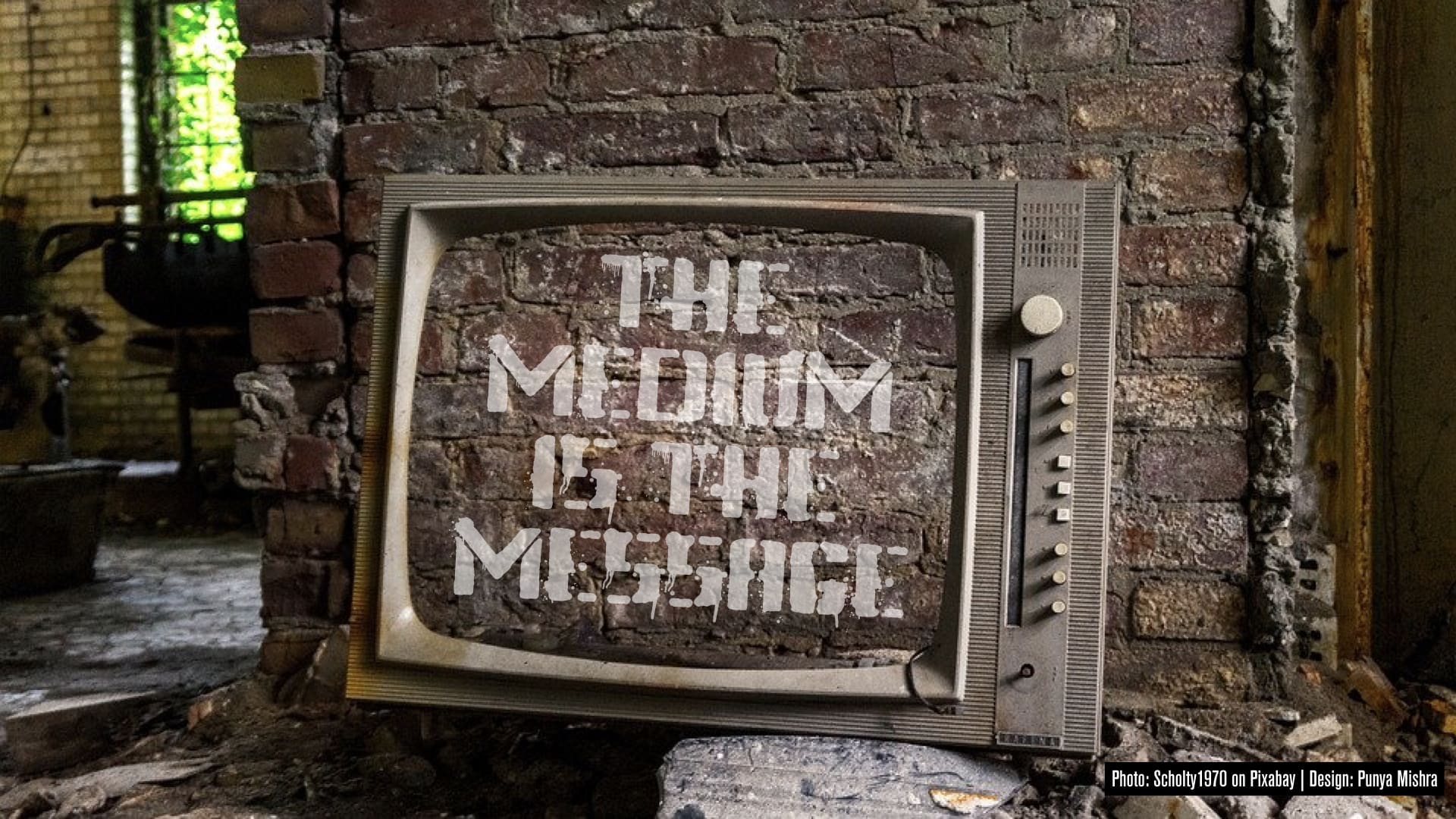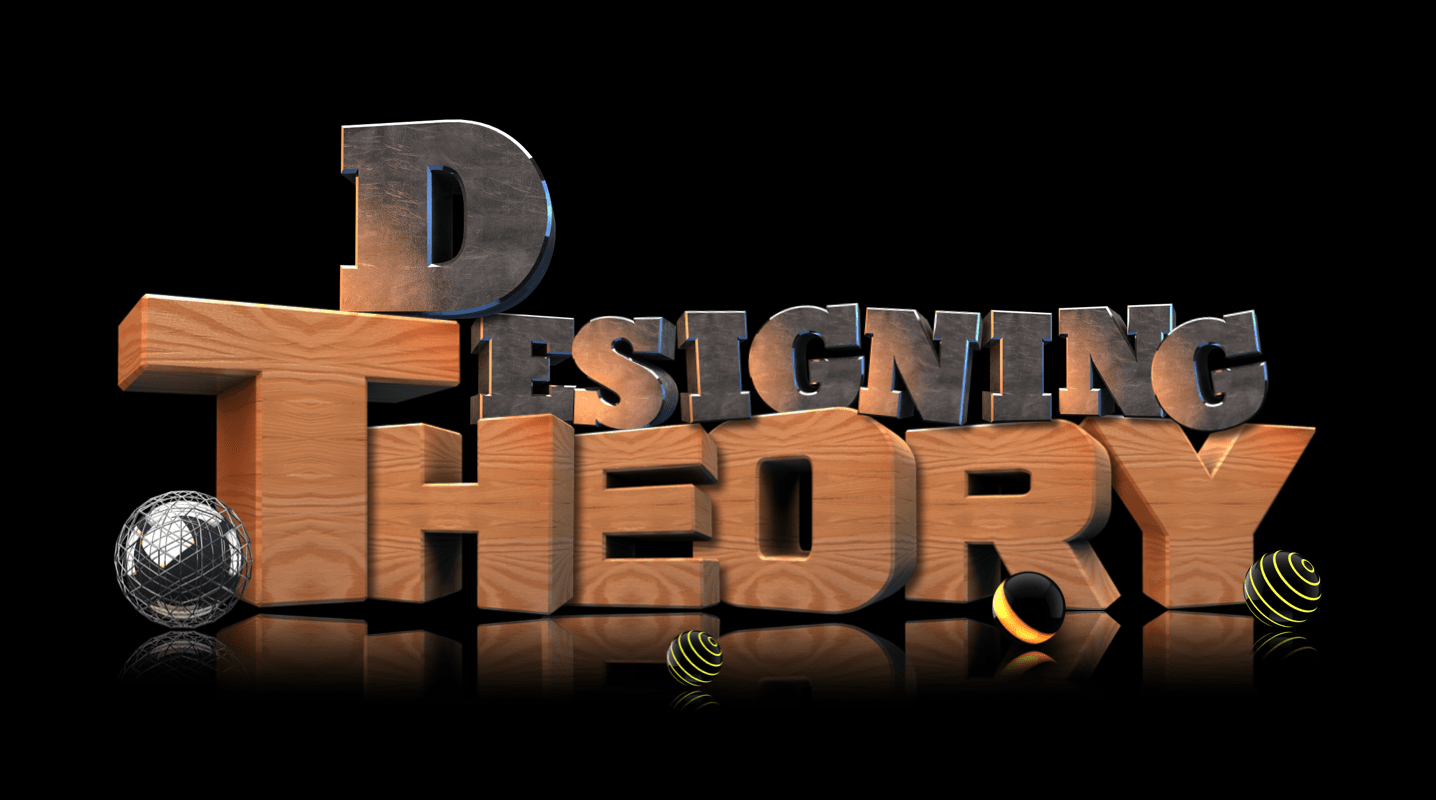I have been reading Moo by Jane Smiley, off and on for a while now. It is a satire of academia set in a fictional Mid-western university called Moo U.
 It has been suggested that Moo U is a stand in for Iowa State, an university I know well since Smita went to school there (and I was back there recently for a talk). I am not sure I like Moo as a novel, but it is great to pick up, read a few pages and drop it off, till you pick it up again and read a few more. I have found that it doesn’t really matter in which sequence I read the pages. I know there are some pages that I have read multiple times, while, I am sure that there are others that I have never touched. [Actually I am sure the sequence of pages does matter, though for one reason or another, it hasn’t mattered to me.]
It has been suggested that Moo U is a stand in for Iowa State, an university I know well since Smita went to school there (and I was back there recently for a talk). I am not sure I like Moo as a novel, but it is great to pick up, read a few pages and drop it off, till you pick it up again and read a few more. I have found that it doesn’t really matter in which sequence I read the pages. I know there are some pages that I have read multiple times, while, I am sure that there are others that I have never touched. [Actually I am sure the sequence of pages does matter, though for one reason or another, it hasn’t mattered to me.]
I was reminded of this when I ran across a page on academic novels maintained by Bill Brewer. Bill is a professor of Psychology at the University of Illinois and I am proud to regard him as a mentor and a friend. [Here are his professional and personal pages, and here is the list of academic novels]. He regards Moo as being an overrated book – and I am not sure I disagree.
I haven’t read many of the novels he has listed by Bill on his page, though the ones by David Lodge come strongly recommended. The one that I have read, and one that had a great influence on me, was Galatea 2.2 by Richard Powers, but is the topic for another post (particularly my email interaction with him).
The list that Bill maintains was last updated in 2000. I am sure there are other books on academic that have appeared in the past eight years. Suggestions welcome…





0 Comments